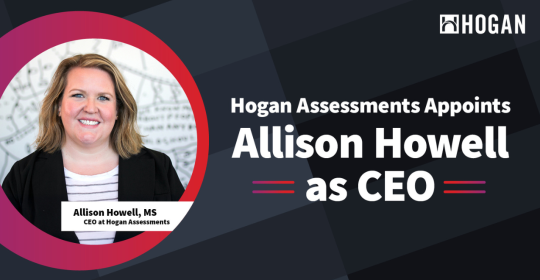- 61% of managers say their over 50s workers have low (20%) or very low (41%) potential to progress
- This is despite the over 50s scoring higher than younger workers for occupation specific knowledge and skills (85%) and understanding of customers (78%)
- Over 50’s rate themselves poorly for potential to progress (46%)
Workers aged over 50 are routinely being overlooked for promotion despite possessing the essential knowledge and experience needed to fill the UK’s leadership skills gap, according to a new report released today by the Institute of Leadership and Management (ILM).
‘Untapped talent: Can over 50s bridge the leadership skills gap’, which has drawn from a survey of over 1400 UK managers, reveals that many organisations wrongly assume that staff over 50 lack the desire to develop and progress into more senior leadership roles.
ILM found that managers rated team members aged 50 plus far lower than younger age groups for their keenness to learn, develop and progress, scoring them at 46% for these attributes, compared to 67% for Generation X (born 1965–1976), and 79% for their younger millennial colleagues (born 1977–1997).
In fact, the over 50s rated their own keenness to develop at 94%, higher than the youngest millennial age group surveyed, who trailed in last place with 87%.
Kate Cooper, Head of Applied Research & Policy at ILM said:
“There is an inequality in Britain’s workforce that is contributing to a large and worrying leadership skills gap. We see that over-50s are typically not being given equal opportunity to apply their much-needed occupational skills, knowledge and customer focus within a leadership role. This is because older workers are wrongly assumed to lack the desire to learn and progress into more senior positions, when in fact we found they are just as keen, if not keener, than their younger colleagues to grow and develop.”
The study also found that older workers’ confidence and career targets are lower than their younger counterparts. Despite a keen desire to advance, fewer than half (46%) of over 50s managers expected to progress into a more senior position within the next 3 years. This was compared to 76% of millennial managers and 62% for Generation X.
Kate Cooper: “We are seeing signs of organisational ageism, where highly skilled and talented staff members have less opportunity to progress as they get older. It seems this culture is so embedded that many workers over 50s are accepting they have limited opportunities in their current organisations.”
Department for Work and Pensions figures[i] show that an estimated 13.5 million jobs will be created over the next 10 years, over which time only 7 million young people will enter the labour force. This is leaving the UK with a skills gap - especially within leadership and management positions. A previous ILM research report, the Leadership and Management Talent Pipeline, found 93% of UK employers worry that low levels of management skills are preventing them from achieving their business goals.
Kate Cooper: “At a time when the relatively weak performance of UK management is affecting both national and organisational competitiveness, there is a real opportunity for organisations to recognise the benefits of an age diverse workforce and realise the untapped leadership talent of the over 50’s by investing in their ongoing training and development.”
[i] Department for Work and Pensions (2014).“Fuller Working Lives: A Framework for Action”






